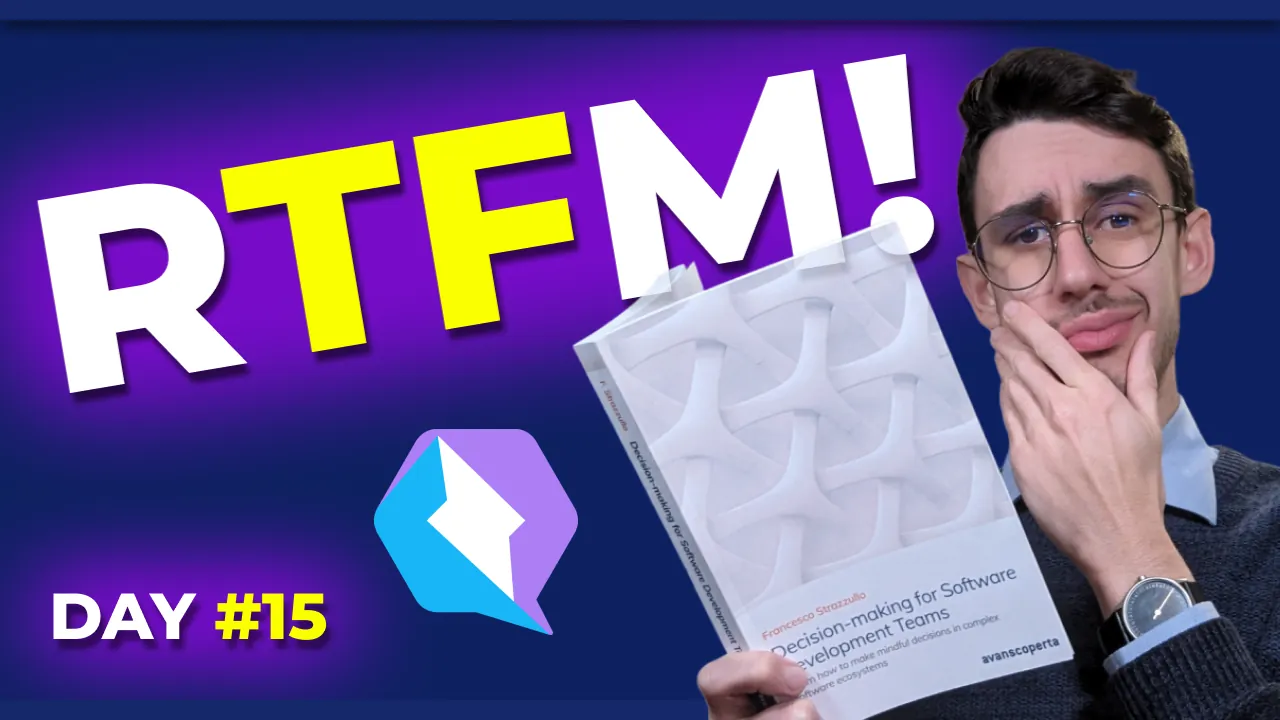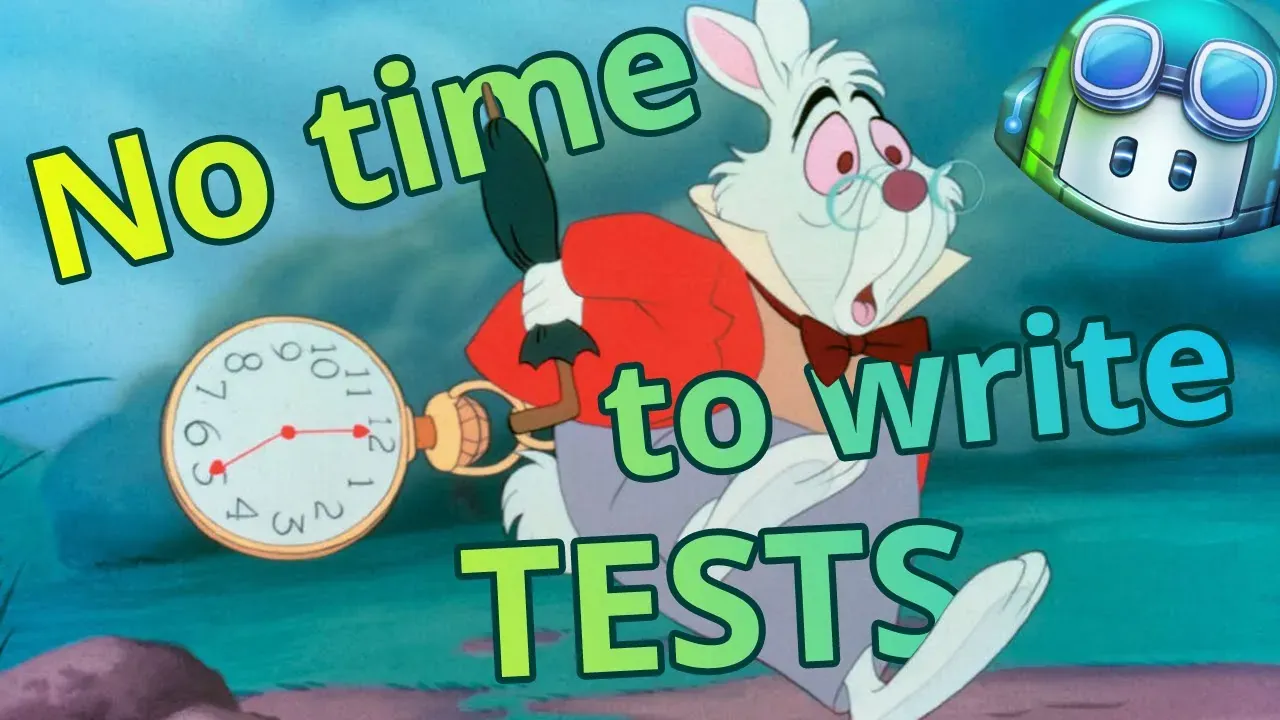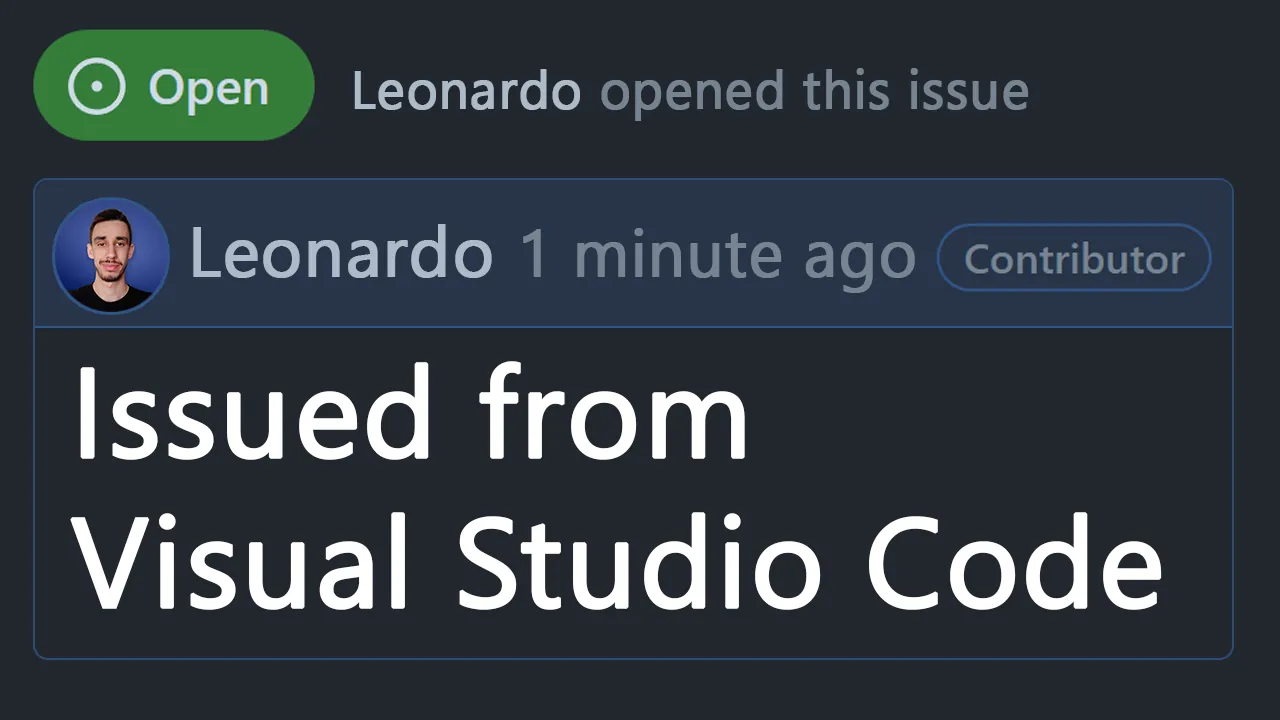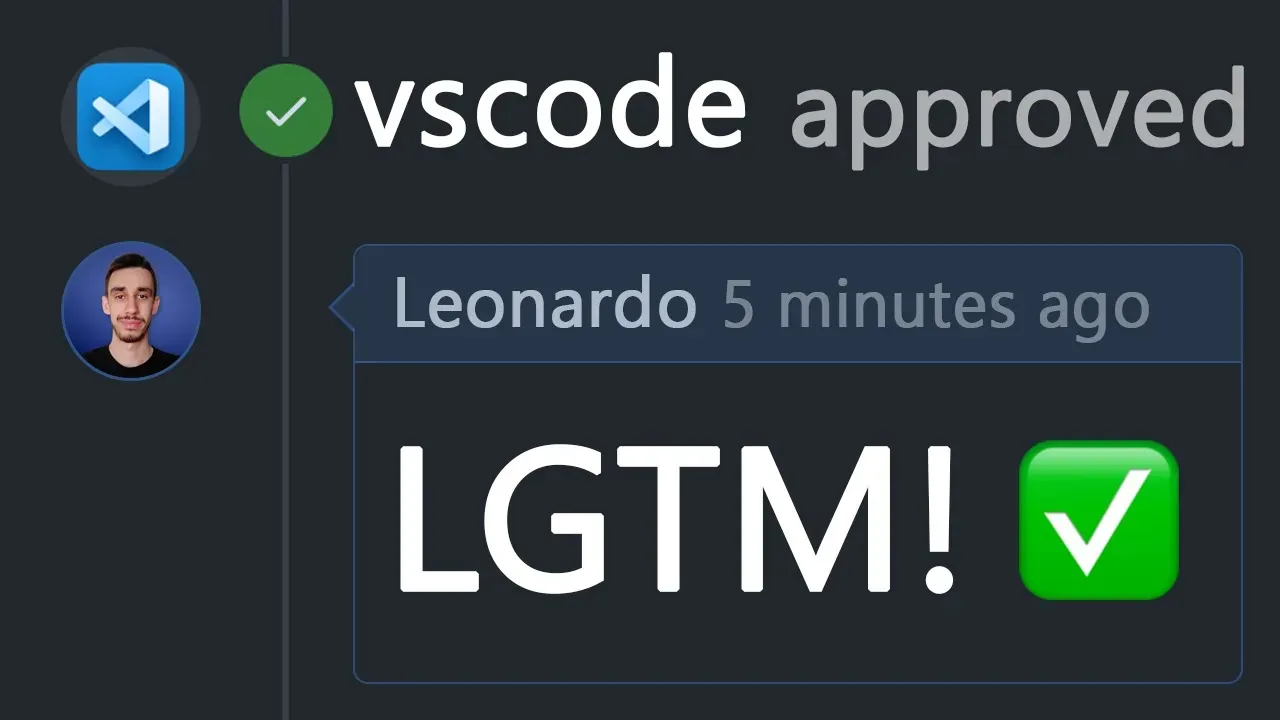· 4 min read
15 Minutes of Documentation 📖 for 15 Days
Reading documentation is boring: here's why you should do it anyway

I spent 15 minutes every single day reading documentation and here’s what I learnt.
In the last two weeks, I read the official Qwik docs but that’s not the point, the focus here is more broadly on the benefits you can have in reading the documentation of whatever technology you want to get better at.
Why documentation?
First of all, documentation is boring. I know. But already on the second day of this experiment, I started noticing something interesting. I was discovering tiny features or details that I wouldn’t have found myself.
For example, if you’re trying to achieve a specific result: sure with practice and some trial and error you can eventually get there, but if you read the docs you might find out that there’s a specific feature that does exactly what you need. Not only that, it’s probably even more efficient and easier to use than your custom solution.
Another huge benefit I quickly realized is on a way higher level. I’m talking about the bigger picture, grasping and internalizing the philosophy behind the technology. Why is it even relevant? Let’s try to explain it with an example with javascript frameworks.
There are a dozen new ones every year and all of them are similar in some aspects but significantly different in others. If you’re good at Framework A and you’re trying to learn Framework B, the biggest mistake you can make is to keep thinking as if you’re programming in the one you know, but in fact, you’re on a completely different framework.
Approaches to solve the same problem might be entirely different and besides, there might be an out-of-the-box solution in Framework B that you would have to implement yourself in Framework A.
And how is reading the docs going to help? If you notice, next to the code examples and the list of features or components, there are usually some pages explaining the reasoning that lies behind the framework. What are its core principles and how you’re supposed to use it.
Chances are if you follow the advice of the authors, you’ll be able to get the most out of the technology.
Follow along with a project
So far so good, am I saying that reading the docs alone is gonna make you an expert? Obviously not! Take myself as an example, I can’t even remember what I had for lunch yesterday, imagine how much I can remember from what I read in the docs two weeks ago.
That’s why I always recommend to follow along with a project while reading the docs. It doesn’t have to be a big project but try to make something that allows you to play with the features you’re learning. This way you’ll better understand how they work and you’ll remember them more easily. Bonus points, you also have a project with examples you can refer to in the future.
As always, don’t forget to put it in a public repository because by building in public you can get feedback from other people which is additional value for you and for the community. Besides, you’re creating one more example on the internet that can help other people in the future.
Take notes
One more practical action you can do while reading the docs is to write down notes on interesting details or nuances. For example, if you’re already working on a project, instead of switching to the code with the risk of losing the studying momentum, you can just write down a note and keep reading. You can jump to the code at the end of the session and start playing around.
By doing this, you’ll automatically end up with a bullet point list of some interesting things you learned and again, this can be useful in the future.
At this point, by only reading the docs for a few minutes every day, you already have a project with examples and a list of notes. You can use them as a reference in the future and you can share them with other people. Besides, if it happens that you encounter a problem or face a challenge, chances are you might recall that you read something about it in the docs and you can go back to it.
Conclusion
To sum up, was this experiment worth it? Absolutely! I learned a lot of things about Qwik and I also got a better understanding of the philosophy behind it. I’m not saying that I’m an expert now, but I’m definitely more confident in using it and I know where to look for more information in case I need it.
Anyway, if you’re also interested in Qwik, you should check out this other video I made about it. Subscribe to the channel if you want to see more videos like this one and I’ll see you in the next one. Bye!

Hello! My name is Leonardo and as you might have noticed, I like to talk about Web Development and Open Source!
I use GitHub every day and my favourite editor is Visual Studio Code... this might influence a little bit my content! :D
If you like what I do, you should have a look at my YouTube Channel!
Let's get in touch, you can find me on the Contact Me page!



